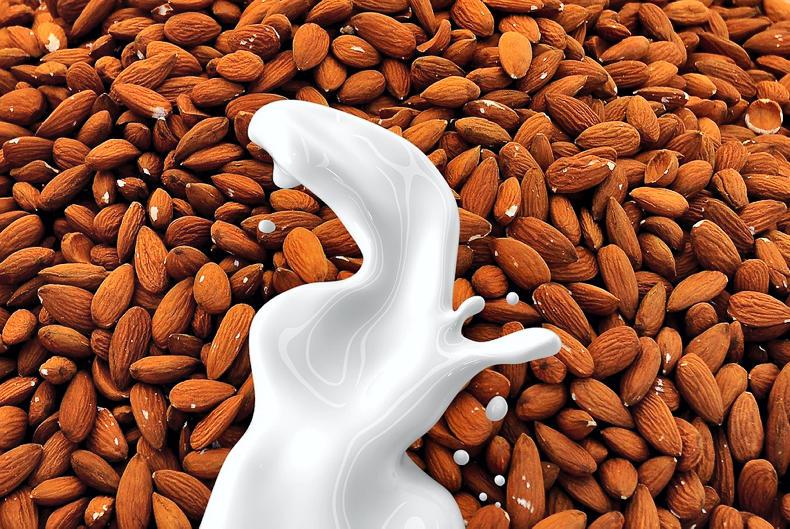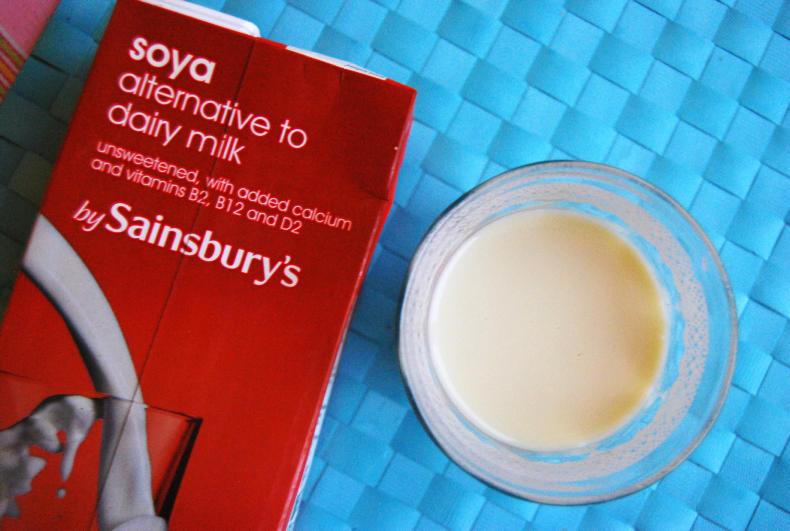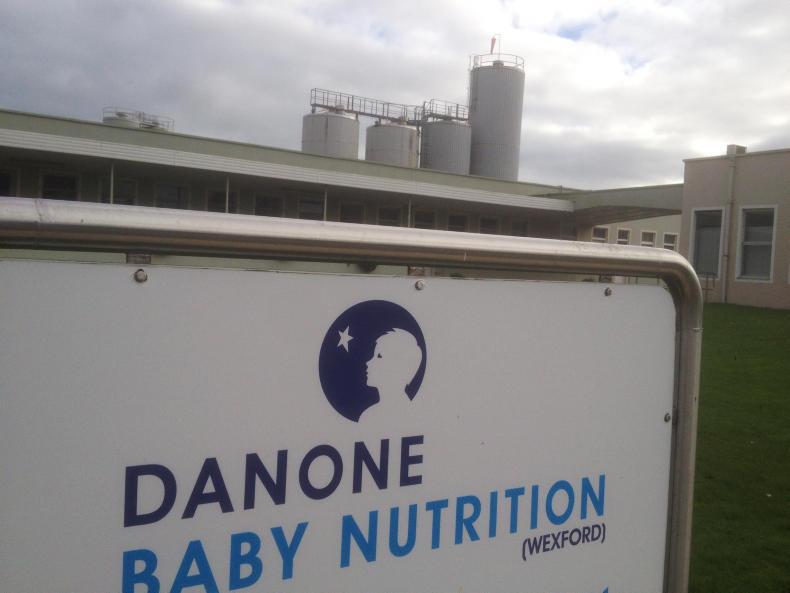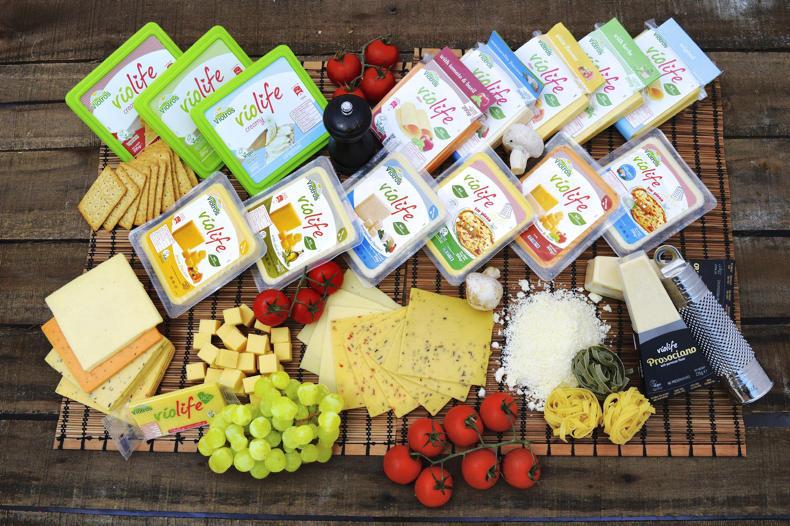You can have your pick from a host of substitutes, mainly of a plant source, that are termed milks, including almond milk, rice milk, soy milk, cashew milk, hemp milk, coconut milk, pea milk… the list goes on.
However, despite this ever-increasing list and the growing numbers of people who choose to abstain from traditional cow’s milk for health reasons, we set out to evaluate are they making the right decision.
Some estimates suggest about 35% of people worldwide are unable to tolerate lactose.
However, northern Europeans, including Irish people, have a much higher tolerance for lactose, with only about 5% of Irish people suffering from lactose intolerance.
According to immunologist consultant Dr Mary Keogan: “People who are lactose intolerant can tolerate a small amount of milk, the equivalent of half a pint a day. But if they stay off milk, they tend to become more intolerant.
"So it’s actually good for people who are lactose intolerant to continue to have some exposure to milk."
So, believe it or not, by omitting milk from your diet unnecessarily, people are increasing their susceptibility to being lactose intolerant.
As I mentioned before, there are a host of dairy substitutes on supermarket shelves clambering for our attention, each one claiming to be better and healthier. However, unless you are actually diagnosed as being lactose intolerant, choosing this option is more than likely not going to be the most healthy option. Below, I outline why choosing the real thing is better than any plant-based alternative.
Calcium
Remember the old ad from the National Dairy Council? “Them bones, them bones need…CALCIUM!” Well, they weren’t lying and although society has developed a lot through improvements in technology and various nutritional fads which have come and gone, our biological make-up hasn’t changed and them bones still need calcium.
Whole milk contains 115mg of calcium per 100ml and according to the Food Safety Authority of Ireland, the average Irish man or woman between the ages of 19 and 50 needs 1,000mg a day, meaning that a litre of milk consumed every day will give you more than your required natural dose of daily calcium to keep your bones strong and healthy.
Also, the calcium in traditional milk is naturally occurring, while many plant milk, such as soy and almond, contain minimal amounts of naturally occurring calcium, meaning they are typically fortified.
Fat
One of the arguments made in favour of plant-based milk alternatives is that they have a lot lower fat content than whole milk. While this may be true, it is not necessarily a good thing.
While once touted as being the enemy of western society’s ever-increasing waistline, research has shown that fat is an important component of our diet and having a diet containing full-fat dairy has shown to reduce obesity.
A review published in 2012 by the European Journal of Nutrition on research on dairy fat came to the following conclusion, which may be surprising: The observational evidence does not support the hypothesis that dairy fat or high-fat dairy foods contribute to obesity or cardiometabolic risk, and suggests that high-fat dairy consumption within typical dietary patterns is inversely associated with obesity risk. Although not conclusive, these findings may provide a rationale for future research into the bioactive properties of dairy fat and the impact of bovine feeding practices on the health effects of dairy fat. Basically in layman’s terms people who eat full-fat dairy are not more likely to develop cardiovascular disease and type 2 diabetes than people who stick to low-fat dairy.
Protein
Milk is rich in protein and is a complete protein, meaning it contains all of the essential amino acids (building blocks of protein) that our bodies require.
A litre carton of milk bought in any corner shop contains 34 grammes of high-quality protein, as opposed to 10g found in the same amount of almond milk and the 1g found in rice. Milk also contains electrolytes, vitamins and other micronutrients not found in the same levels in other products.
Sugar
Regular cow’s dairy milk has no added sugar. It does contain lactose, a naturally occurring sugar lactose. However, many types of non-dairy milk contain added sugars which may be disguised as cane sugar or cane juice on the ingredient list, so it’s important to read the label.
The Milk Matrix
An emerging concept, this looks at how the different components of milk (calcium, protein and phosphorus) react together to benefit the body, as the combined sum of the nutrients provided in milk possesses better health benefits than each of the individual parts.
The Irish Farmers Journal will host National Dairy Day on Thursday 23 November 2017 in Punchestown Event Centre, Co. Kildare. The event promises to offer solutions for a growing sector. The day aims to showcase all that is good about the dairy industry and find solutions for farmers to emerging challenges and trends. To get a FREE ticket for Dairy Day, simply collect 3 tokens from the Irish Farmers Journal and bring them along with you on the day or BUY YOUR TICKET HERE










SHARING OPTIONS